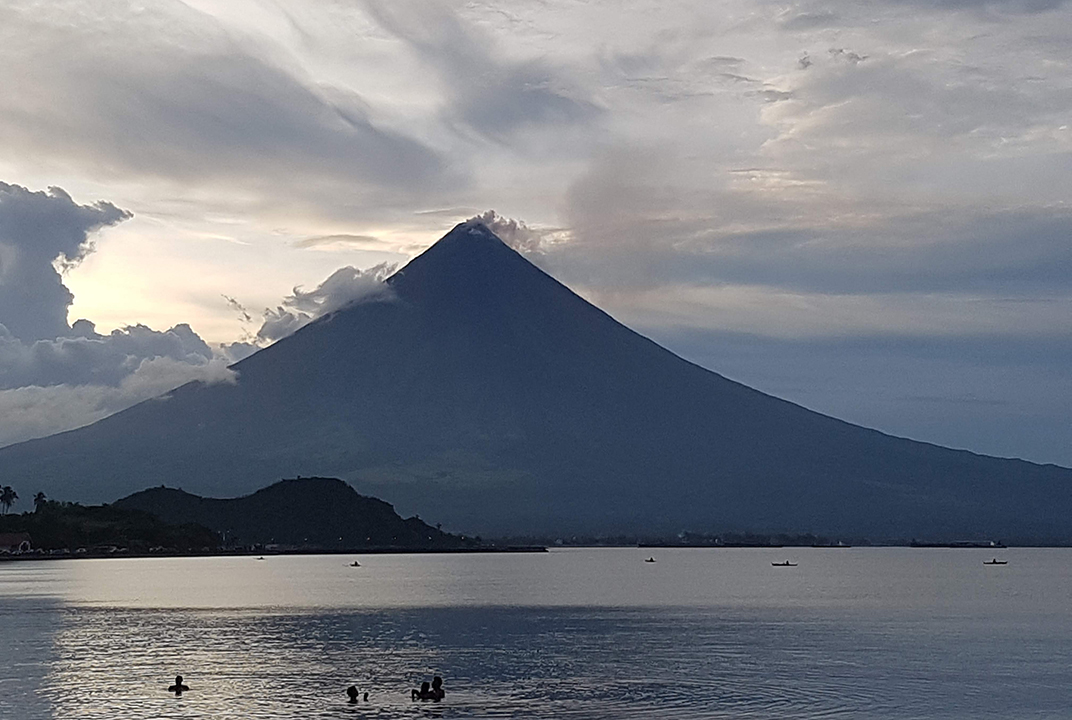RELIABLE CONNECTIVITY WHEN SECONDS COUNT
We are proud to have been the official satcoms partner of Télécoms Sans Frontières since 2000. Today we also support RE:ACT, not only with equipment and airtime but with manpower too.
Ukraine
Inmarsat is deeply concerned about the situation in Ukraine. We join the international community in strongly supporting sanctions and calling for Russia to cease hostilities immediately. We are engaged in providing humanitarian support in the region and recognise the importance of the communication services that we provide. Our thoughts are with the people of Ukraine, and we wish for a quick return to peace.
Télécoms Sans Frontières
Over 20 million people supported. Nearly 1,000 NGOs connected. Since its creation in 1998, Télécoms Sans Frontières (TSF) has provided emergency communications in more than 140 natural disasters and conflicts.
Our partnership with the emergency telecommunications NGO has been going strong for over 20 years.
As well as providing satellite communications equipment and airtime to ensure connectivity links are set up as soon as possible in the wake of humanitarian crises, we also began to offer pro-bono legal services to the organisation in 2019.
TSF is the principal communications provider to the United Nations in disaster situations, enabling governments, UN agencies and other NGOs to coordinate emergency response, distribute life-saving supplies and ultimately rebuild communities. Free satellite phone calls and Wi-Fi offered to the victims of natural disasters or human conflict help reconnect families.
Working out of regional bases in France, Thailand, Nicaragua, Mexico and the United States, expert teams are ready to be deployed with kit including Global Xpress and BGAN terminals and IsatPhone 2 satellite phones almost as soon as disaster strikes.
Our connectivity is also used for training in high-risk countries so that local teams can use the equipment in future crises; and in programmes designed to bridge the digital divide, giving remote communities access to online data and tools that support learning, healthcare and the local economy.
In 2019, emergency deployments included sending teams to set up communication centres for NGOs and local populations in the Bahamas, Mozambique and the Philippines. Cyclone Idai hit Mozambique’s coastal region in March 2019, causing more than 1,000 deaths and leaving 1.85 million people in need of humanitarian support. Less than six weeks later, another powerful cyclone – Kenneth – battered the coast 1,000km to the north.
In September 2019, the Bahamas was in the path of Hurricane Dorian, the most powerful storm to hit the region since records began. The Category 5 tropical cyclone destroyed entire communities and left 70,000 people in need of food and shelter. Then in December, the Bicol region of the Philippines was struck by Typhoon Kammuri.
In each case, TSF used our satellite connectivity to set up fast, reliable communication links for aid agencies and national governments coordinating relief efforts, as well as offering victims free satellite phone calls.
In 2020 the global coronavirus pandemic made the work of NGOs like TSF even more challenging. TSF contributed to the fight against the virus when, in April, the NGO donated six IsatPhone 2 satellite phones to the National Institute for Disaster Management in Mozambique to help the coordination of the country’s response to COVID-19. When the first cases were reported in conflict-torn Syria, extra satellite links were set up in the hospitals TSF supports there.
Many of TSF’s missions in response to protracted humanitarian emergencies also continued this year, providing education to displaced populations and helping to bridge the digital divide in isolated communities, including projects in Turkey and Mexico.
In 2021, emergency deployments included sending teams to set up Global Xpress connections in Les Cayes for the main humanitarian co-ordination hub, following a powerful 7.2 magnitude earthquake that hit Haiti in August, leaving 500,000 homes destroyed, 12,000 injured and 2,200 casualties.
TSF also responded to the worst flooding in decades in West Germany, which caused internet and telephone lines to go down. Global Xpress communications were established, with a dedicated line for the Red Cross, and six IsatPhone 2 phones were provided for local firefighters and emergency responders.
More recently, TSF has supported humanitarian efforts in Ukraine and was one of the first NGOs on the ground in Turkey, following two powerful and deadly earthquakes (7.8 and 7.5 magnitude) that occurred in the South of Turkey.
“We are particularly proud of this partnership because it is also the demonstration that the collaboration between the humanitarian and private sector can have a profound and positive impact on the lives of the most vulnerable.”
RE:ACT
Direct humanitarian action, in the fastest time, for those hardest to reach and most vulnerable. RE:ACT’s mission has seen its teams of volunteers, most of them military veterans, rapidly deployed all over the world in the wake of natural disasters. Because of their training and resilience, RE:ACT volunteers are able to go farther in the field and stay longer, delivering life-saving aid to the most isolated communities.
The UK charity also answers needs closer to home. Working with the Voluntary and Community Sector Emergencies Partnership and frontline organisations such as the NHS, RE:ACT has played a major role in supporting the national response to the COVID-19 pandemic, including helping to distribute over 10 million PPE items and over three million meals.
Inmarsat has provided RE:ACT with Global Xpress and BGAN for reliable connectivity to coordinate relief efforts and IsatPhone 2 handheld satellite phones, not only to keep the teams safe and in touch with base operations, but also to provide a communications lifeline for those affected by disaster.
In addition, we’re supplying manpower. So far nearly 80 members of staff have signed up as volunteers to help deliver humanitarian relief wherever it is needed, fundraising and supporting training and development.
Crisis Connectivity Charter
Inmarsat is a signatory of the United Nations Crisis Connectivity Charter, established in 2015 as a means of guaranteeing access to vital communications when disaster strikes. Along with other world-leading satellite operators under the umbrella of the EMEA Satellite Operators Association (ESOA) and the Global VSAT Forum (GVF), we signed the charter to underline our commitment to supporting global humanitarian relief efforts.
In 2018, signatories committed to supplying satellite equipment and dedicated capacity for humanitarian purposes within 24 hours of a disaster. The charter was activated most recently in April 2020 when a Category 5 cyclone hit island nations in the Pacific. We made a bandwidth and data package available for use by the Emergency Telecommunications Cluster (ETC).

